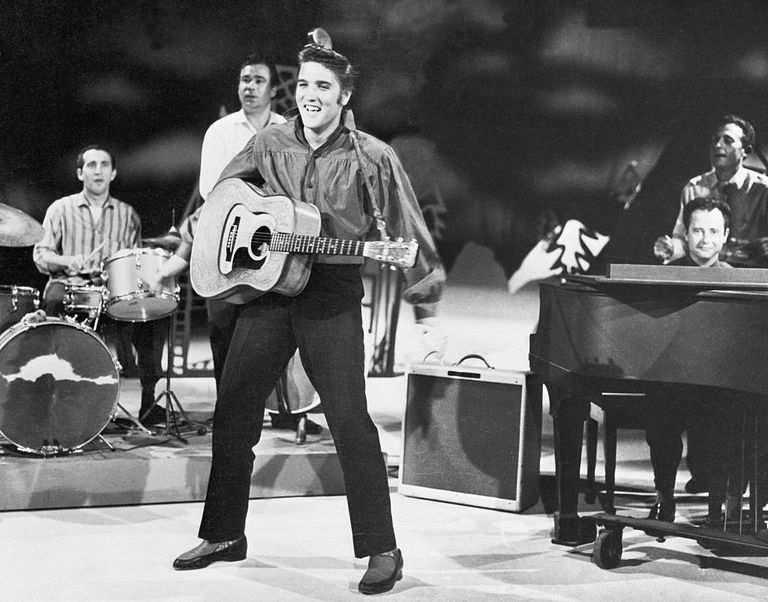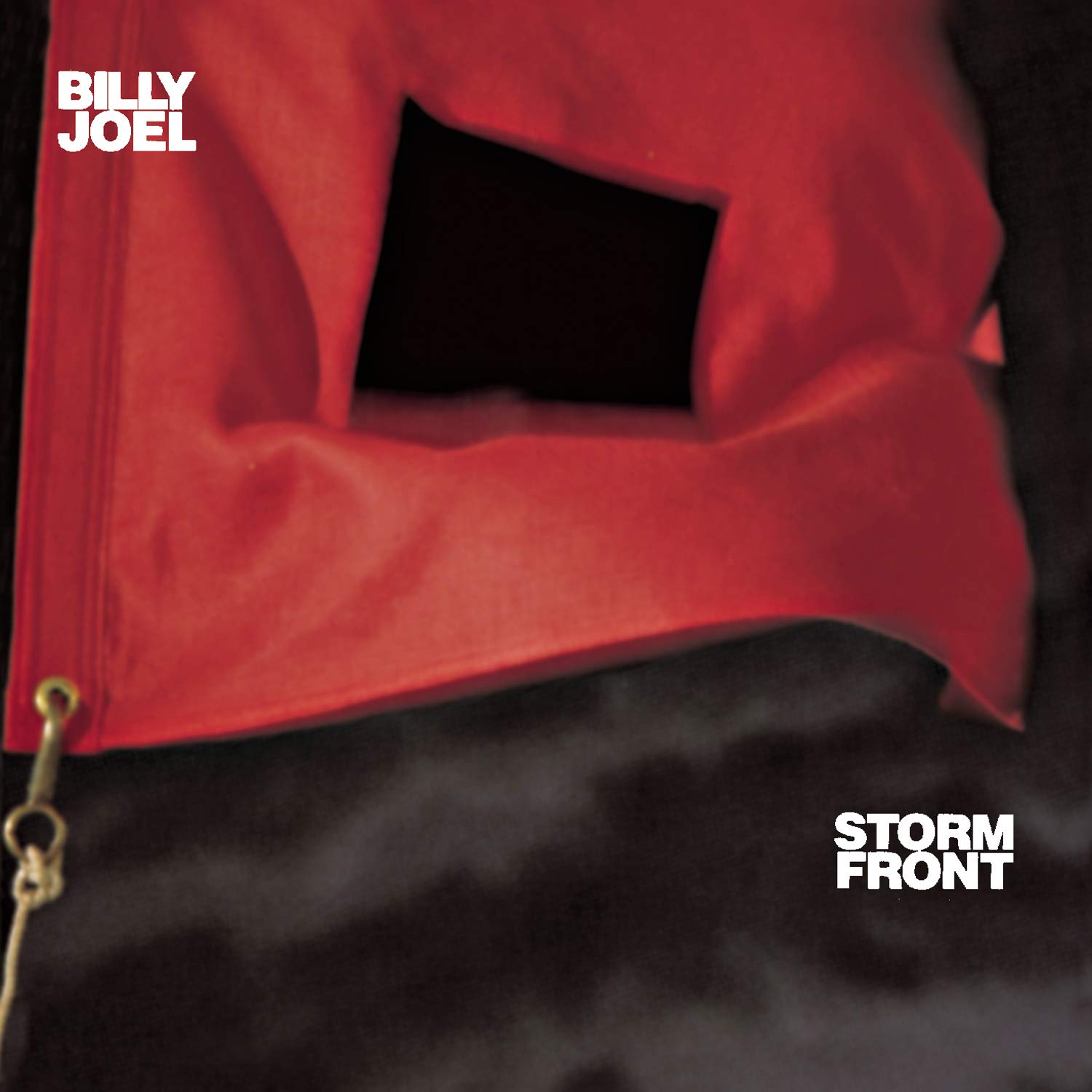History Lesson: Billy Joel
As Baby Boomers were introduced to the new sounds of rock and roll starting in the 1950s, they became “prepubescent boys and girls who were regarded by adult society as not yet having developed proper musical taste” (Frusco 2011, 1). Due to this battle between generational musical preference, television shows, which provided the typical family experience of the 1950s and 1960s, had to choose between showing this new “inappropriate” music or losing profits. Programs like the Ed Sullivan Show had to navigate the line between morally sound TV and winning the weekly ratings race, which depended on the new generation of youth, the Baby Boomers.

One member of the Baby Boomers, Billy Joel, capitalized on the ability to journey to the past through music to gain success using American memories, specifically those of his generation (Bielen 2011, 135). Originally a pianist, Joel emerged as one of the most popular singer/songwriters in the late 1970s. With “Beatlesque hooks and a flair for Tin Pan Alley and Broadway melodies,” Joel successfully fused two distinct eras of music, those of his own and those of the modern youth (Erlewine, “Billy Joel: Biography and History”). The release of Joel’s ninth album An Innocent Man in 1983 invoked this fusion by featuring music of the 1950s and 1960s, the era of his youth. Through the album’s release, Joel hoped to escape the image-oriented world of MTV and instead create “a style that drew on his youth and catered to the ears of contemporary young people” (Frusco 2011, 2). In this sense, Joel’s music was neither a representation of the 1950s nor the 1980s. Rather, his music explored the alienation and withdrawal of the modern youth, embittered by the actions of their parents’ generation, in combination with their hope for the future. This partnership is evident in his hit 1989 single, “We Didn’t Start the Fire,” from his album Storm Front. By returning to the 1950s in the 1980s, Joel combines the music of his youth with the anxieties of modern youth.

Using this new style, Joel criticized the 1980s, allowing his music to serve as a reminder that popular videos can be used to focus the American youth’s attention to cultural issues. In 1990, nearly 40,000 audiocassettes were distributed to public schools across America to be used in history classes. Each audiocassette contained a ten-minute history lesson from Joel, who firmly believed American society must learn its history so it is not doomed to repeat it (Gruner 2012, 1). For adults, Joel used “We Didn’t Start the Fire” as this lesson. After Joel had a conversation with a young man who claimed the 1950s and 1960s were “uneventful and carefree,” the singer realized the importance of teaching history in a way that would reach all generations: through music (Gruner 2012, 1). By combining the effects of memory and music video, Joel used nostalgia to bring the American youth back to their roots during an era of new technology in America in the 1980s.
Stephen Holden describes “We Didn’t Start the Fire” as a five-minute time capsule of events over 40 years, “with the last 25 years compacted into a single verse that begins with ‘birth control’ and ends with ‘cola wars’” (1989, 21). When examining the importance of the song’s chronology, it must be noted that the song’s 40-year ‘recap’ is representative of Joel’s 40 years of life. To attract the blasé emotion of the modern youth, Joel wrote “We Didn’t Start the Fire” to metaphorically ignite their curiosity in politics. While the youth of the 1980s faced the AIDS epidemic and drug wars, Joel’s youth suffered from the Korean War, demonstrating struggles within each generation’s development.
Joel himself also faced this politics of identity throughout the 1980s, as shown in “We Didn’t Start the Fire.” Joel uses the lyrics of the song to discuss issues that are greater than himself, a stark contrast to his previous, more self-centered albums (Jones 2016, 37). Specifically, “We Didn’t Start the Fire” tackles the issue of hard-working Americans suffering at the hands of powerful, government institutions while the video attacks cultural issues in America. Through these musical outlets, Joel realized his power to influence social change in 1980s pop culture through the music industry.
